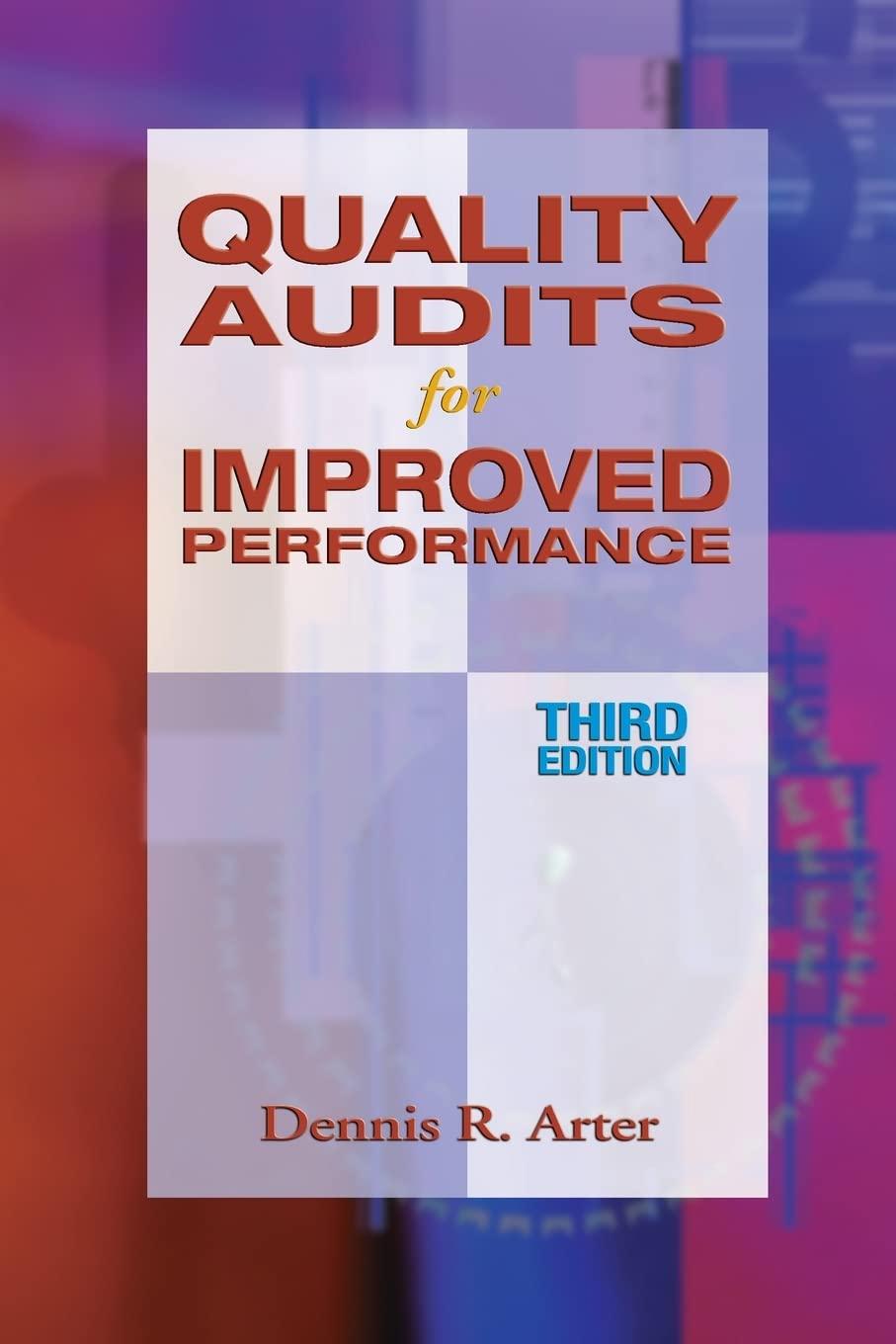Question
Accounting for the transfer of receivables with recourse remains problematic. At issue is whether such a transaction is, in substance, a sale, in which case
Accounting for the transfer of receivables with recourse remains problematic. At issue is whether such a transaction is, in substance, a sale, in which case a gain/loss is recognized, or a financing transaction, in which case any gain/loss is amortized over the original life of the receivable. (The receivable could be long-term; for example, a sale of an interest-bearing note.) SOP 74-6 concluded that most transfers with recourse are financing transactions based on the argument that a transfer of risk (i.e., no recourse) must exist for a sale to have occurred. In 1983, the FASB reached a different conclusion in SFAS No. 77. A sale is now recognized if (a) the seller surrenders control of future economic benefits embodied in the receivable and (b) the seller ' s obligation under the recourse provisions can be reasonably estimated. If these conditions are not met, the proceeds from a transfer are reported on the balance sheet as a liability.
Required:
a. What is the critical issue in interpreting the nature of this transaction? How does interpretation of the critical issue lead to the two different viewpoints?
Step by Step Solution
There are 3 Steps involved in it
Step: 1

Get Instant Access to Expert-Tailored Solutions
See step-by-step solutions with expert insights and AI powered tools for academic success
Step: 2

Step: 3

Ace Your Homework with AI
Get the answers you need in no time with our AI-driven, step-by-step assistance
Get Started


